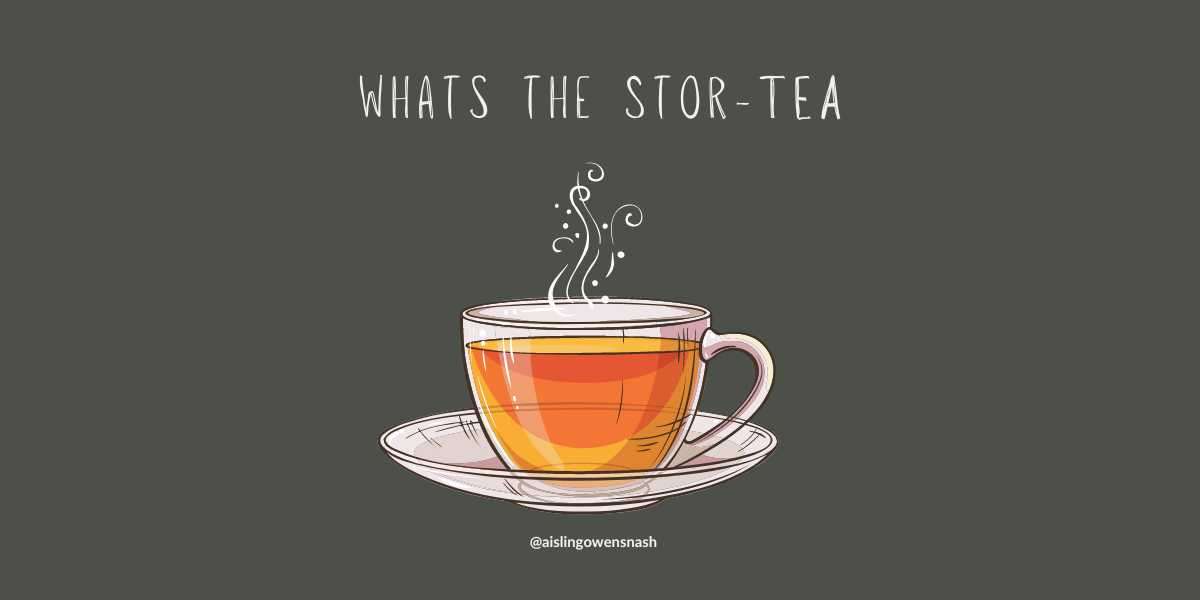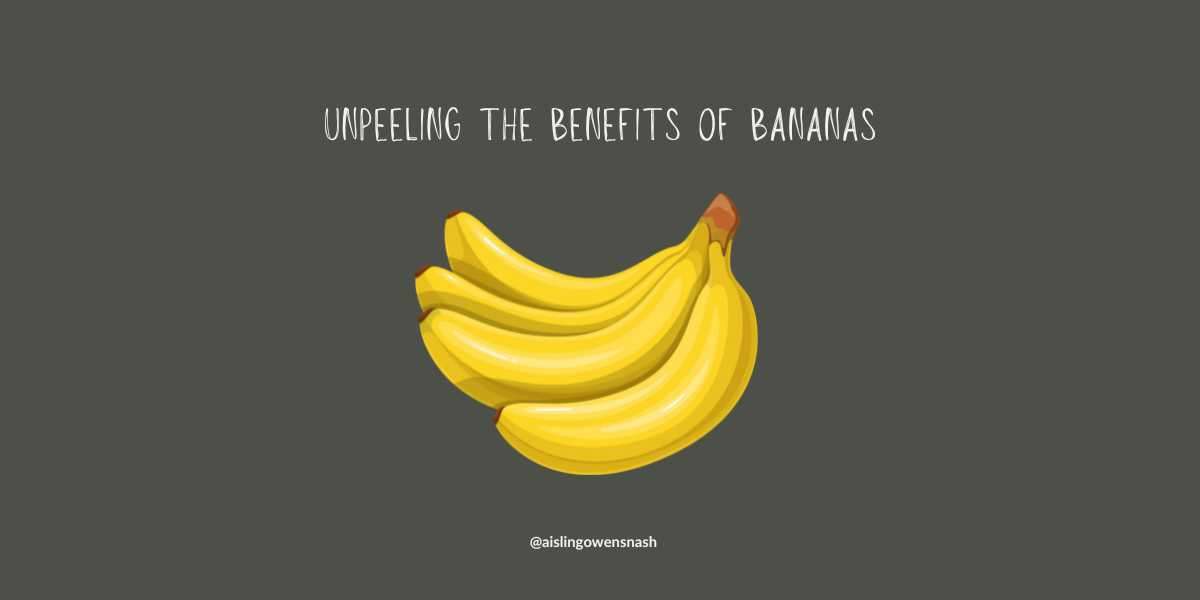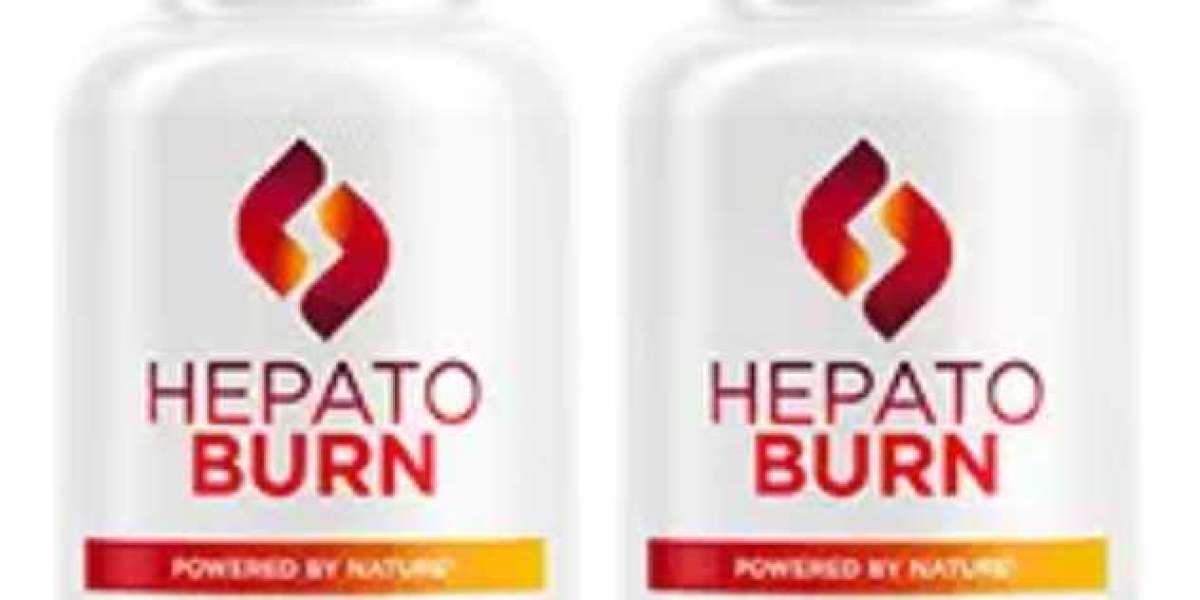Tea: A Blend of Tradition, Health, and Ecology
At its core, tea can be categorised into two main types: traditional teas made from the leaves of the Camellia sinensis plant, including black, green, white, and oolong; and herbal teas, or tisanes, which are infusions of herbs, spices, or other plant materials not derived from Camellia sinensis.
The Healthiest Brews: Choosing Low-Toxicity Teas
When considering the healthiest and least toxic tea options, organic and sustainably harvested teas rise to the top. These teas are grown without synthetic pesticides and fertilisers, reducing your exposure to potentially harmful chemicals. Organic farming practices also respect the natural ecosystem, ensuring the health of the soil and surrounding habitat.
Herbal Teas like chamomile, peppermint, and rooibos are naturally caffeine-free and offer various health benefits, from aiding digestion to promoting relaxation. Green Tea, known for its high antioxidant content, particularly epigallocatechin gallate (EGCG), offers numerous health benefits, including improved brain function and cancer risk reduction. I use lose herbal teas or one of the following brands:
Pukka and Arbonne (ad) are both good quality and have BCorp certification proving they balance people, profit and the planet.
Ecological Impact: A Cup of Sustainability
The ecological impact of tea production varies significantly across regions and practices. Traditional large-scale tea farming can lead to deforestation, soil erosion, and pesticide runoff. Conversely, sustainable tea farming practices, including organic and biodynamic methods, emphasise biodiversity, soil health, and water conservation, minimising the environmental footprint.
Choosing teas from companies that prioritise sustainable practices, like Arbonne and Pukka, or hold certifications like Rainforest Alliance or Fair Trade can contribute positively to the environment and support ethical labour practices.
The Social Aspect of Tea
Tea plays a pivotal role in social rituals around the world, from the Japanese tea ceremony to the British afternoon tea and the Moroccan mint tea tradition. These ceremonies and rituals transcend the act of drinking tea, embodying moments of hospitality, community, and cultural identity.
The act of sharing a cup of tea can foster conversations, deepen relationships, and provide a sense of belonging and calm in our fast-paced world. Tea houses and tea rooms offer communal spaces that encourage slowing down and engaging with others, highlighting tea’s unique role in social wellness.
Cups of tea are shared in joy, love, solidarity and grief.
Savouring Each Sip
From its roots as a medicinal elixir to its place at the heart of social rituals, tea encompasses a world of tradition, health benefits, and ecological considerations. By choosing the least toxic options and supporting sustainable practices, we not only nurture our health but also contribute to the well-being of the planet and the social fabric of our communities. As we brew our next cup, let’s savour the rich history, healthful properties, and the very act of sharing that makes tea a timeless and unifying beverage.
Aislíng x








